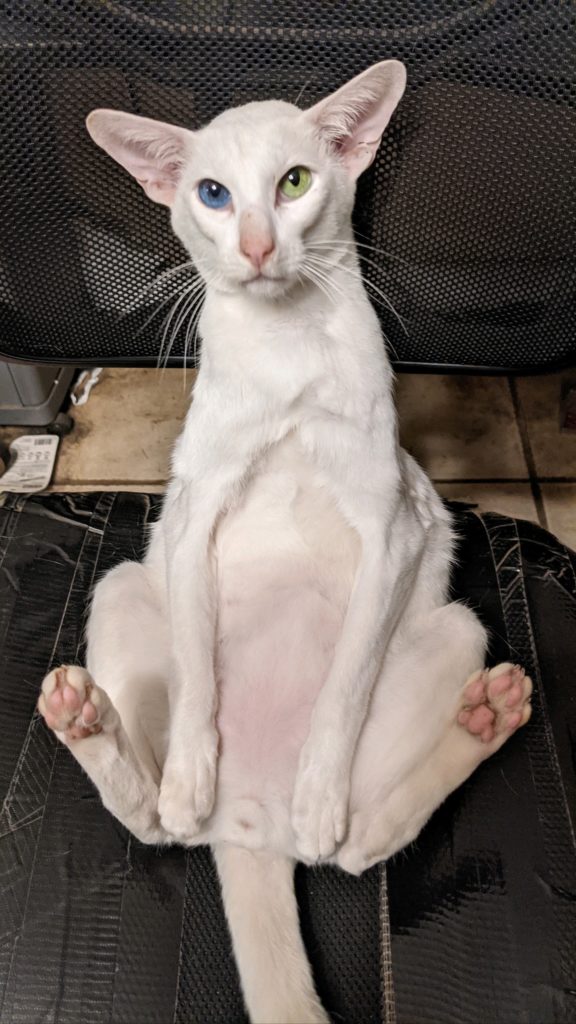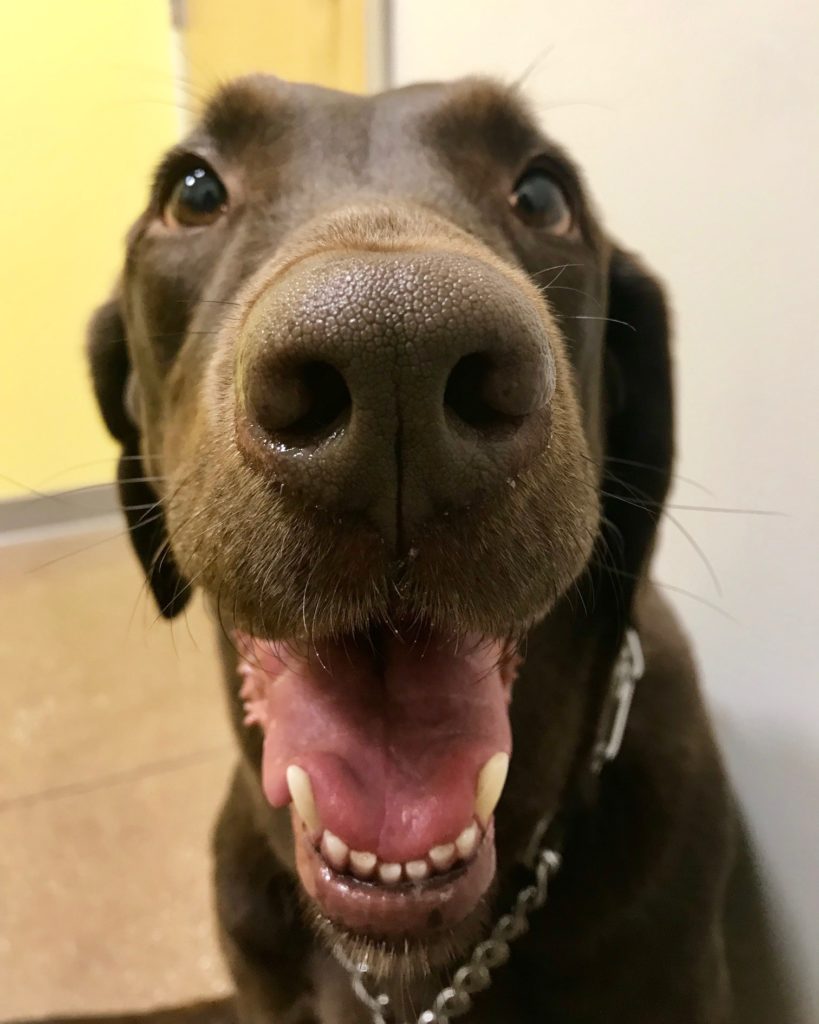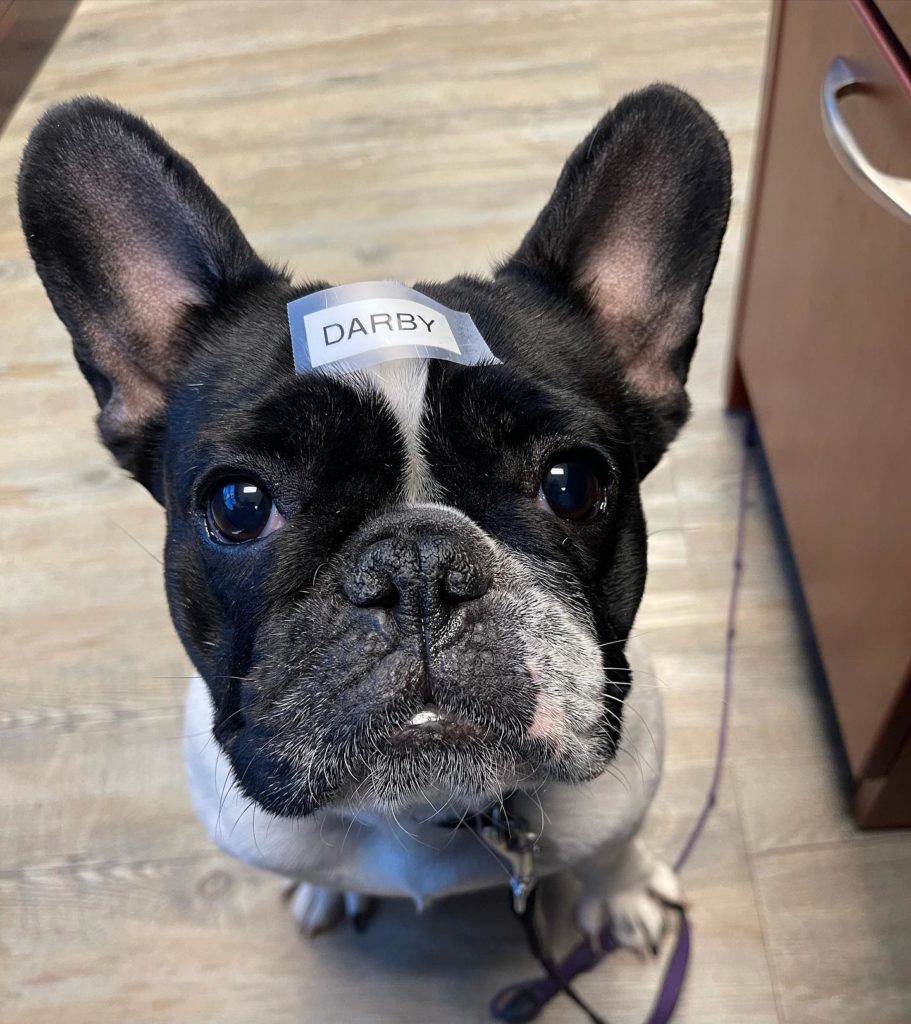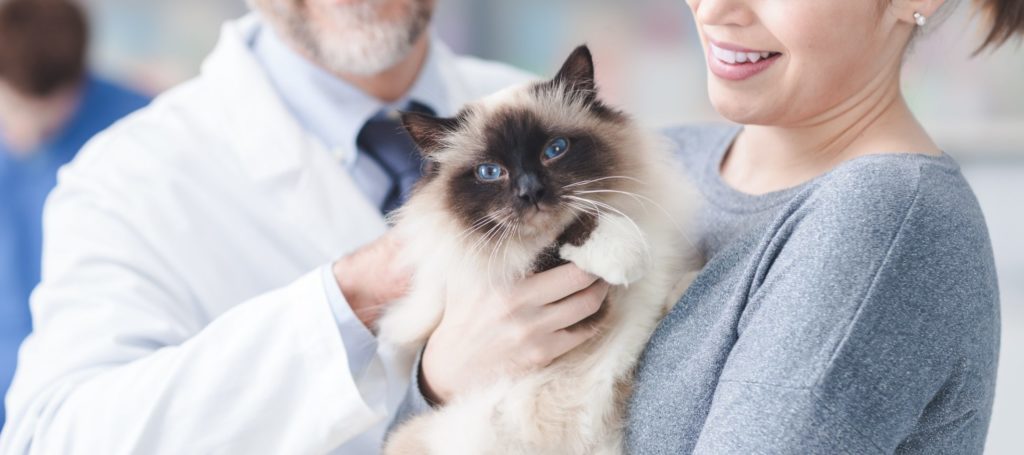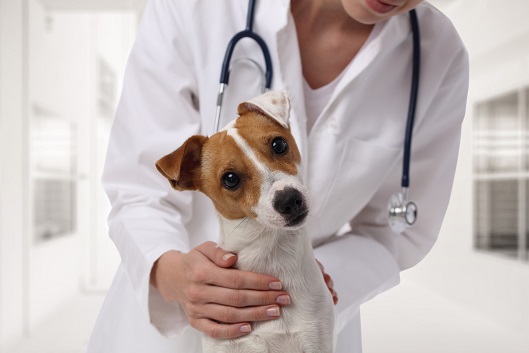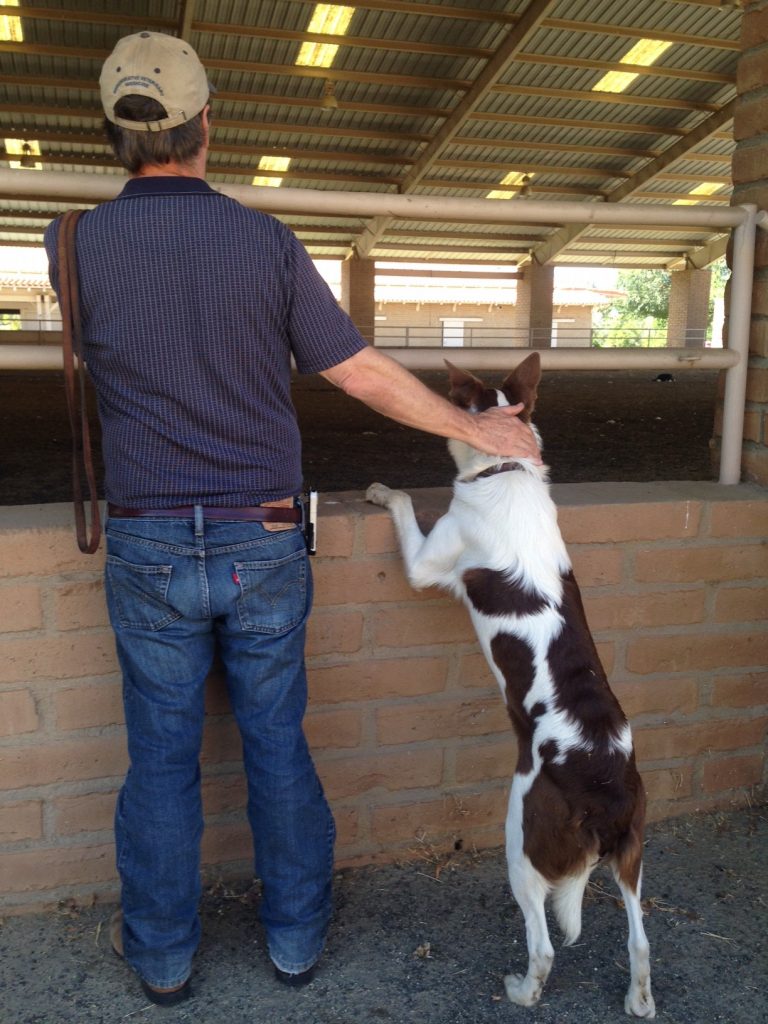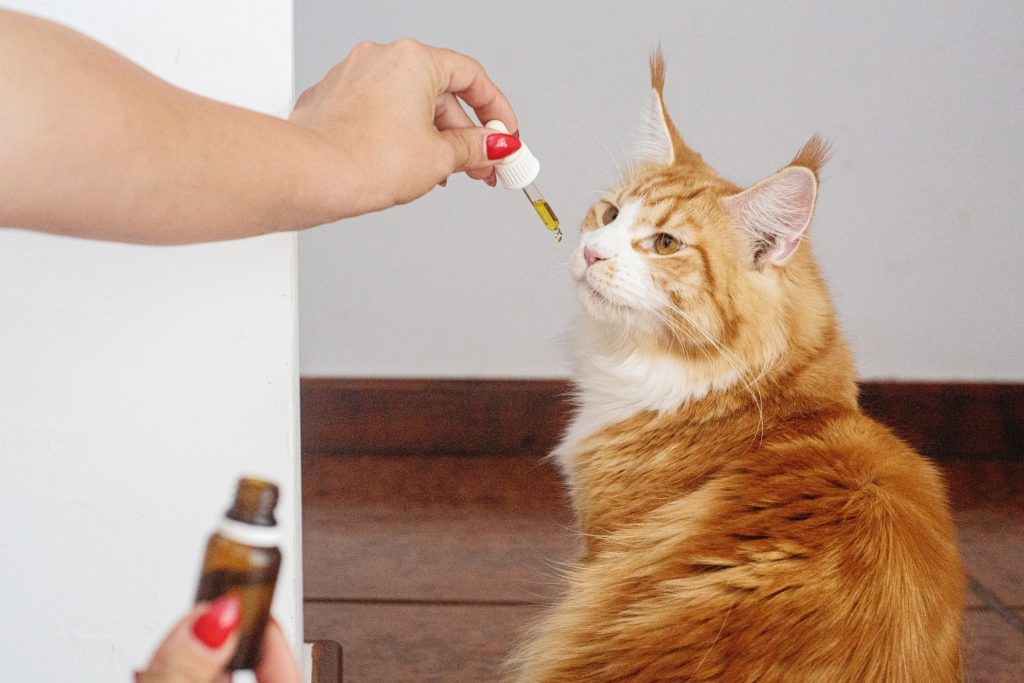Take Your Dog to Work Day at VetStem
Today is Take Your Dog to Work Day and VetStem is no stranger to having our furry, four-legged companions in the office! On any given day, there may be a handful of dogs lounging around the office, offering tail wags, and eagerly requesting ear scratches from passers-by. And we wouldn’t have it any other way!
We of course love the extra puppy snuggles, but there are additional benefits to bringing your dog to work. According to one study, there is a potential correlation between bringing your dog to work and a reduction in stress levels. Scientists found that people who took their dogs to work reported lower stress throughout the day than employees without pets or those who had pets but didn’t take them to work.
Another study found that 90 percent of employees in pet friendly workplaces feel highly connected to their company’s mission, fully engaged with their work, and willing to recommend their employer to others. Additionally, more than three times as many employees at pet friendly workplaces report a positive working relationship with their boss and co-workers and are more likely to stay with a company long term. And the benefits don’t end there! Check out more details of the study here.
We feel super fortunate to work in a pet friendly office, especially since we are in the veterinary field and are all passionate animal lovers! Here are just a few pictures of our dogs hanging around the VetStem office.



